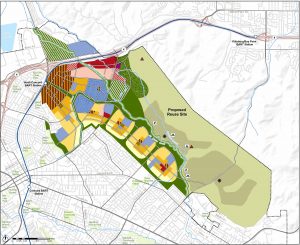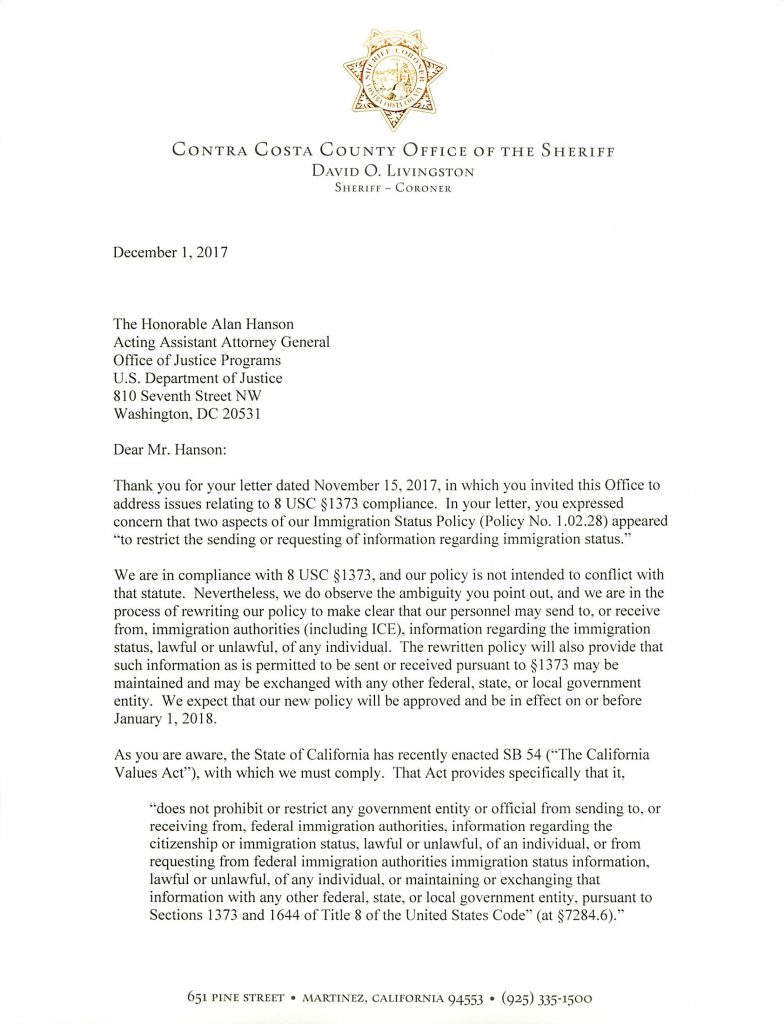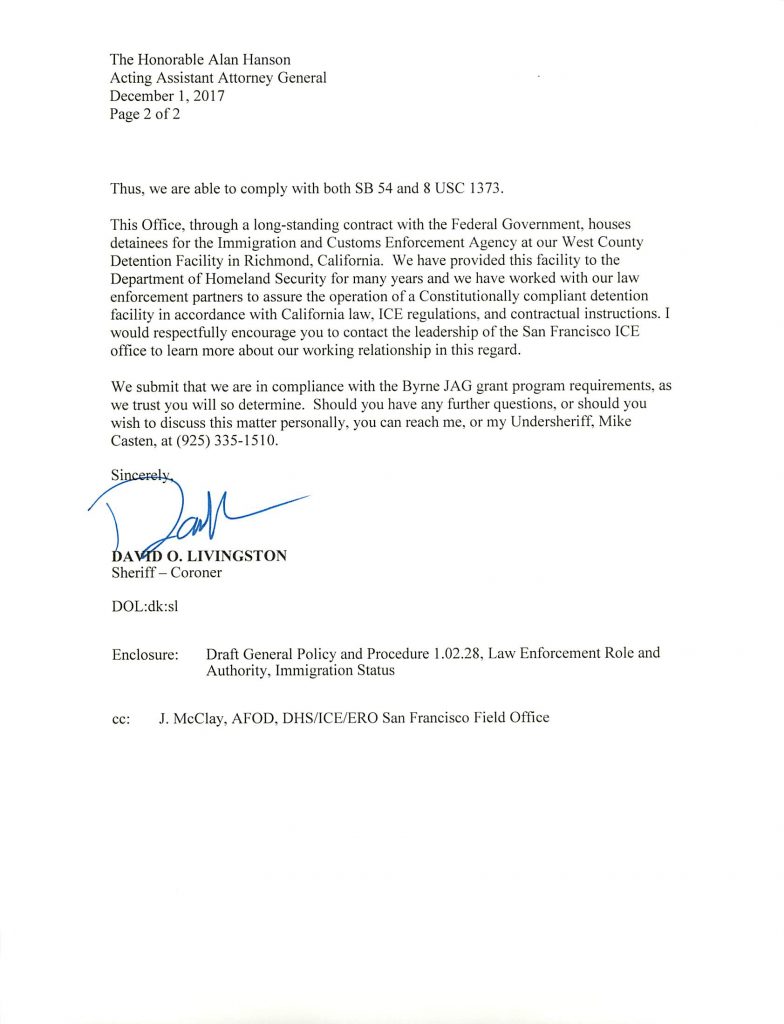Opinion: Tech workers brace for possible omnibus job-killer bill
Tuesday, November 29th, 2022The ‘EAGLE’ Act would revise portions of the Immigration Act of 1990 allowing more foreign workers to fill U.S. tech jobs
Co-sponsored by three Congressmen currently representing or will represent Contra Costa County – Thompson, Swalwell and Garamendi
By Joe Guzzardi, Progressives for Immigration Reform
Source: U.S. Techworkers
Like the proverbial bad penny that keeps reappearing, lousy immigration bills are hard to kill off. Consider the EAGLE Act of 2022, also known as Equal Access to Green Cards for Legal Employment, or formally recognized as H.R. 3648. The newest proposed legislation is another iteration of the Fairness for High-Skilled Immigrants Act. Although it passed the House by a 365-65 vote, eventually it stalled in Congress.
Introduced by immigration lawyer, amnesty advocate, enforcement foe and expansionist champion Rep. Zoe Lofgren (D-Calif.), the new and the old versions of her proposed legislation both share the same ruinous-to-U.S. tech workers’ feature: the legislation would rob thousands of U.S. tech workers of access to well-paid, white-collar, high-skilled jobs in the science, technology, engineering and math fields, STEM jobs for which they are fully qualified.
Along with her like-minded congressional allies that include Rep. Tom Emmer (R-Minn.), who was just elected as House Majority Whip for the 118th Congress and thus became the third highest ranking Republican in the House, Lofgren has scheduled a vote on the EAGLE Act, which has bipartisan support, when Congress returns from its Thanksgiving recess.
Briefly explained, the EAGLE Act would dramatically revise portions of the Immigration Act of 1990. Almost any alien who has been on the visa waiting list for at least two years with an approved petition for an employment-based green card could apply for adjustment of his status which then wouldn’t count against existing numerical caps. Stated another way, employers can sponsor a temporary foreign-born worker for an H-1B nonimmigrant visa and convert that worker to permanent by merely sponsoring him for a green card. Aliens go from temporarily present to permanent residents. With the stroke of a pen, job searches become more challenging for U.S. tech workers – Congress’ twisted idea of sound legislation.
The bill also eliminates the per-country caps for employment-based visas, which means that within about a decade Indian and Chinese nationals will receive virtually all such visas, especially the H-1B; other countries’ nationals would have an uphill climb to obtain a visa. Under current law, no countries’ nationals can comprise more than 7 percent of any visa category. This provision ensures that skilled workers from around the globe have an opportunity to come to America. The EAGLE Act, however, seeks to entirely remove all caps from employment-based visas and more than double the existing family-preference visa from 7 percent to 15 percent, a hike that would, because of family reunification, ensure significant population surges. The proposed visa cap elimination is ironic because Lofgren and the EAGLE Act’s cosponsors claim to embrace diversity, but the bill heavily favors Chinese and Indian citizens to the exclusion of most others.
Moreover, dependent children of the aliens granted the new status would be allowed to retain their legal standing, a form of amnesty, as dependents of their parents for the duration of the green card application process; they would be protected from aging out while their parents move up in the backlog. An estimated 190,000 minors would be protected.
Time was when Democrats purported to care about America’s minority workers. But their empathy toward U.S. workers is long gone, and is now redirected to foreign nationals, particularly Chinese and Indians. Blacks, Hispanics and other minorities aspire to IT jobs, too. But they’ve had little luck in obtaining those coveted STEM jobs. Pew Research found that Black workers make up 9 percent of the STEM workforce, while Hispanics also comprise about 9 percent. The low STEM representation among Blacks and Hispanics is largely unchanged from 2016.
For rational thinkers, few and far between in Congress, a push for liberalized immigration laws and amnesty in light of the border surge and its 2 million-plus encounters in 2022 is beyond the pale. But those sound-of-mind types don’t understand the congressional mindset; nothing stops its amnesty drive. And if the EAGLE Act doesn’t get Senate approval, Lofgren always has the option to attach it to a must-pass Omnibus bill. With the 118th House about to transfer into GOP hands, EAGLE Act supporters view December as their last chance to subvert U.S. tech workers.
Joe Guzzardi is a nationally syndicated newspaper columnist who writes about immigration and related social issues. Joe joined Progressives for Immigration Reform in 2018 as an analyst after a ten-year career directing media relations for Californians for Population Stabilization, where he also was a Senior Writing Fellow. A native Californian, Joe now lives in Pennsylvania. Contact him at jguzzardi@pfirdc.org.










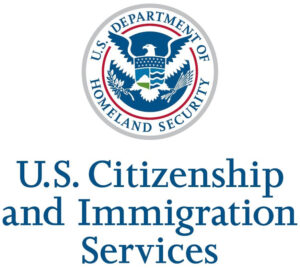 SAN FRANCISCO — Officers from U.S. Citizenship and Immigration Services will present six virtual information sessions from Nov. 3 to 30, including citizenship preparation sessions presented in Spanish and Thai. Those who need an accommodation should contact
SAN FRANCISCO — Officers from U.S. Citizenship and Immigration Services will present six virtual information sessions from Nov. 3 to 30, including citizenship preparation sessions presented in Spanish and Thai. Those who need an accommodation should contact 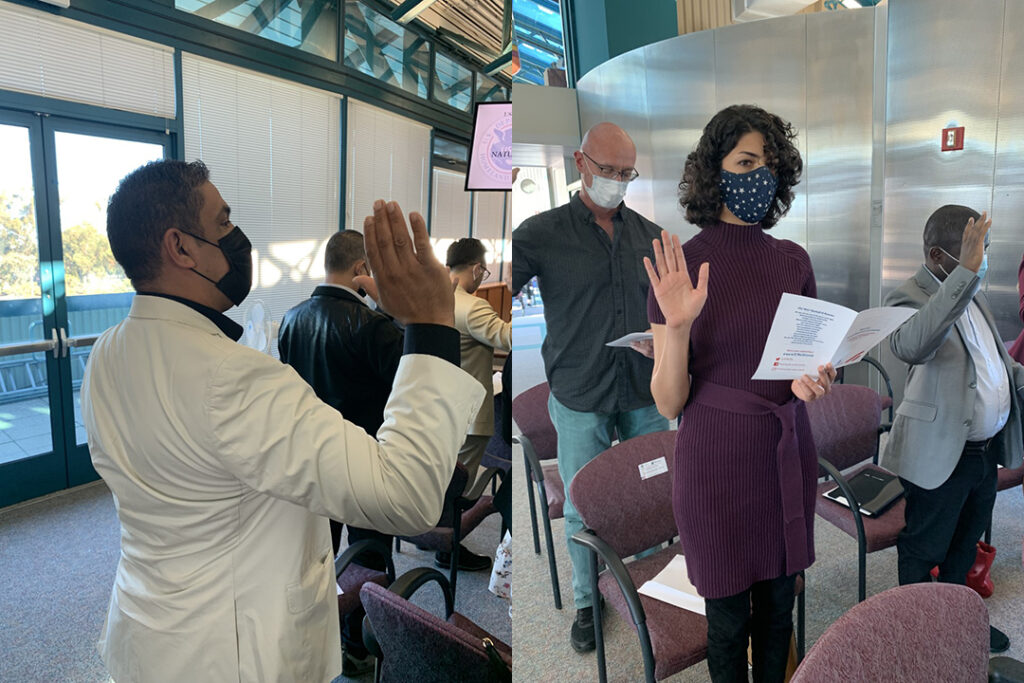
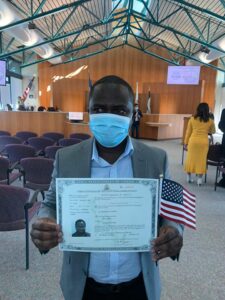
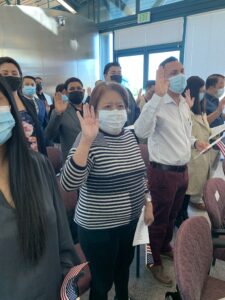
 By Allen Payton
By Allen Payton

